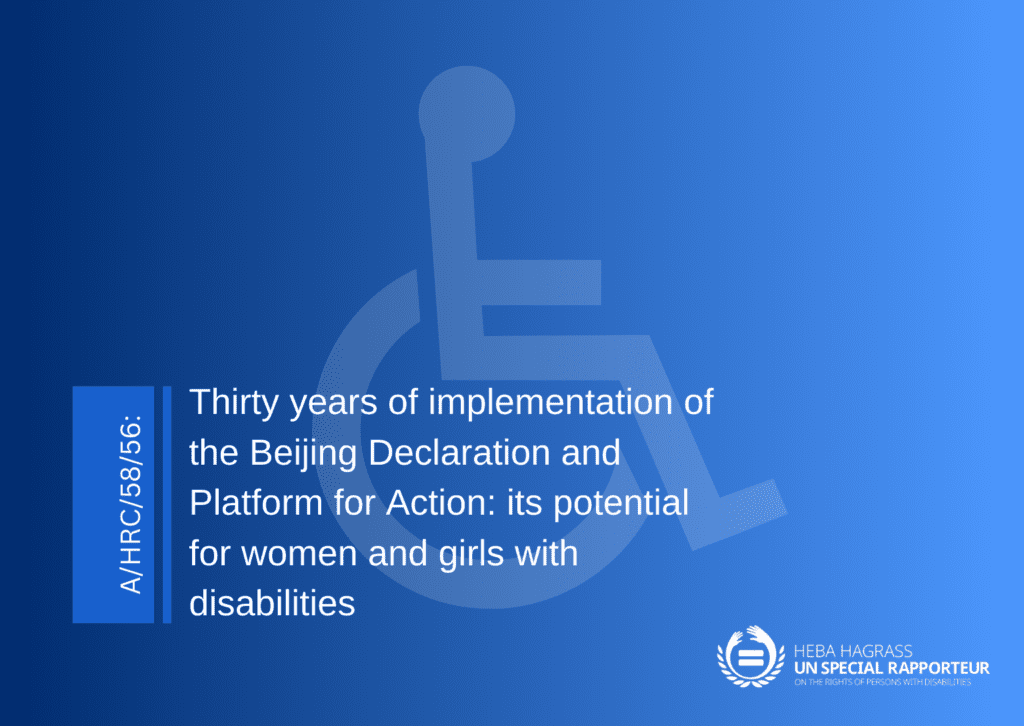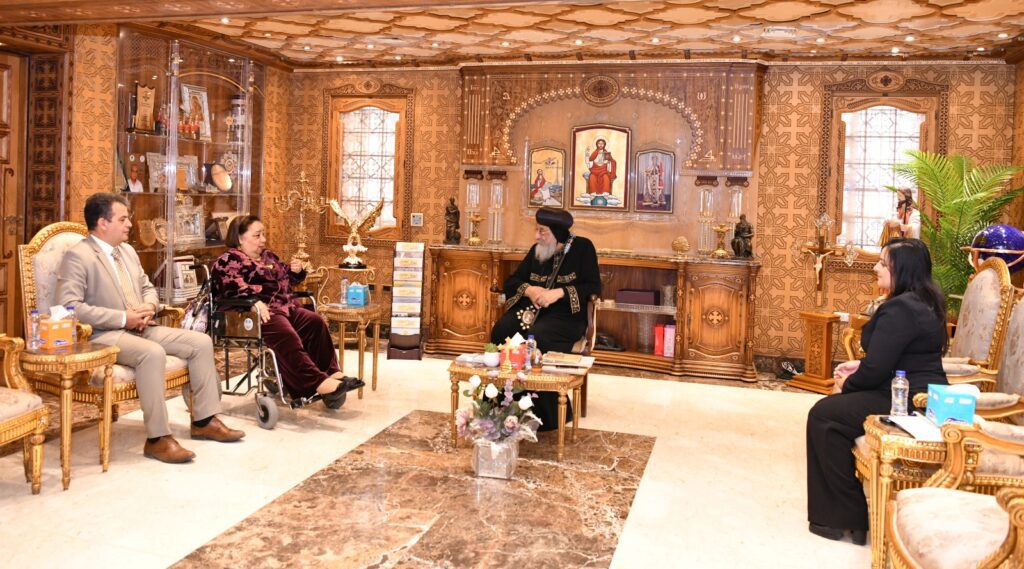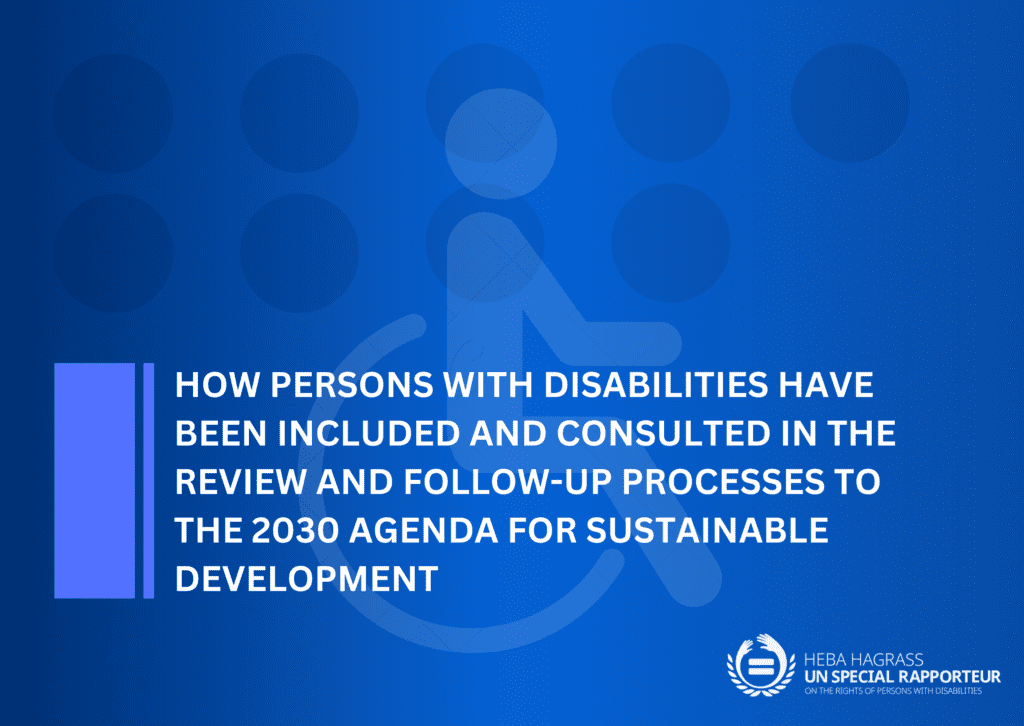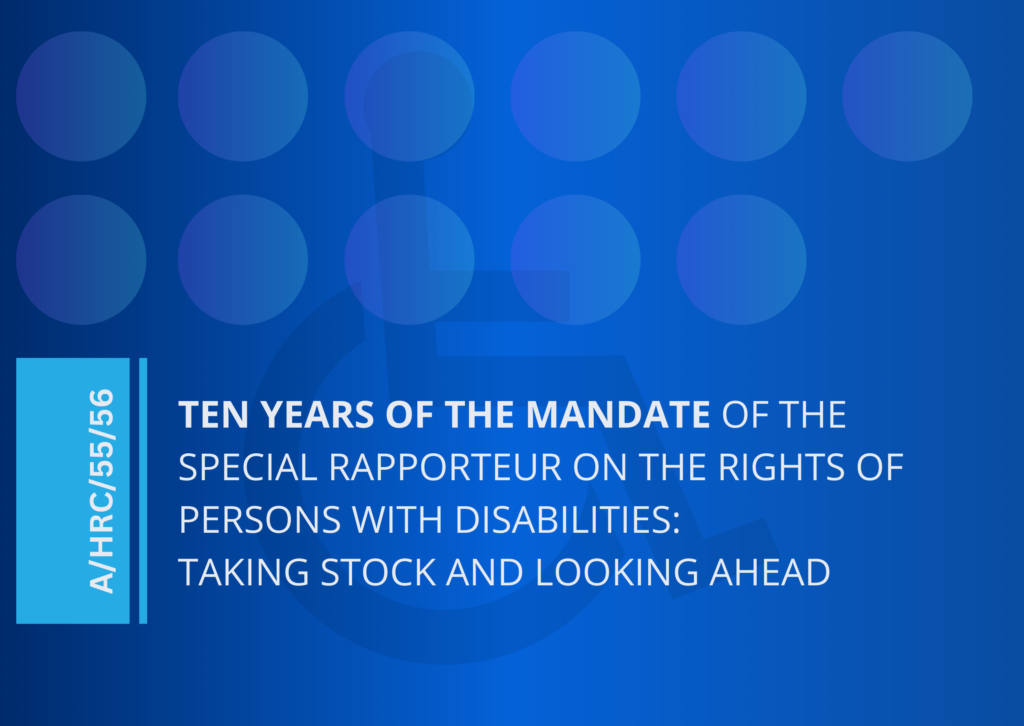Making people's rights real require cultural shifts that go beyond signing treaties. Only co-production between people and governments can produce the ideas needed to unlock change.
THE SPECIAL RAPPORTEUR’S WORK
As Special Rapporteur, Heba Hagrass works to promote the participation of persons with disabilities in the co-production of laws and policies at local, regional and international levels. This is the only way to make sure that their experiences are visible, and their rights known and respected.
To do this, Heba consults with organizations, government agencies, individual experts and international institutions to identify key issues affecting people with disabilities. Then she makes recommendations and offers technical support to ensure that their experiences, aspirations and needs are taken into account in all relevant laws and policies.
Heba also promotes the visibility of persons with disabilities and their rights in global challenges such as armed conflicts, the COVID 19 pandemic, climate change and other factors driving humanitarian emergencies, advocating for their participation. The Special Rapporteur's work is guided by the international human rights treaties, in particular the UN Convention on the rights of persons with disabilities, or CRPD.






